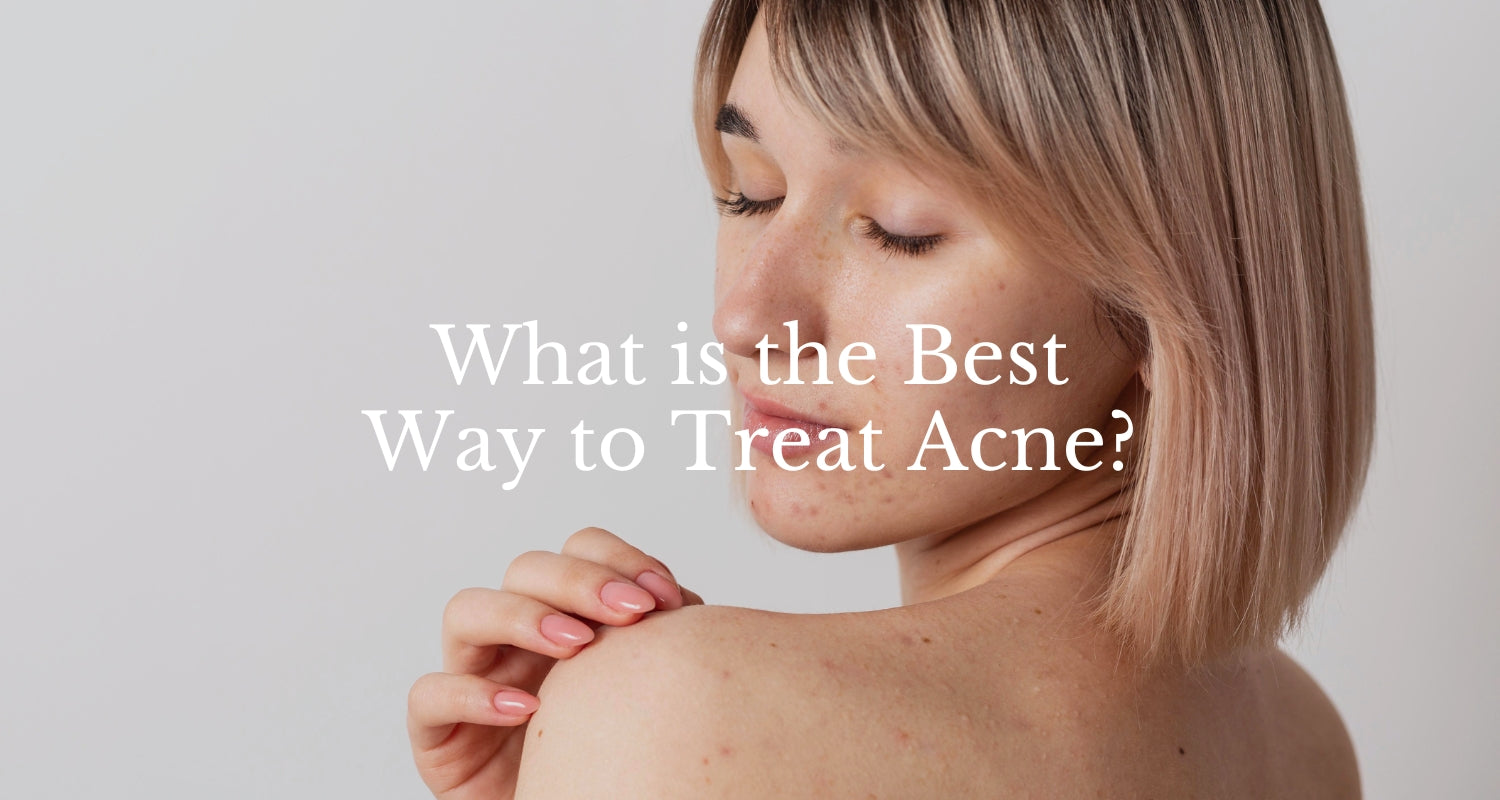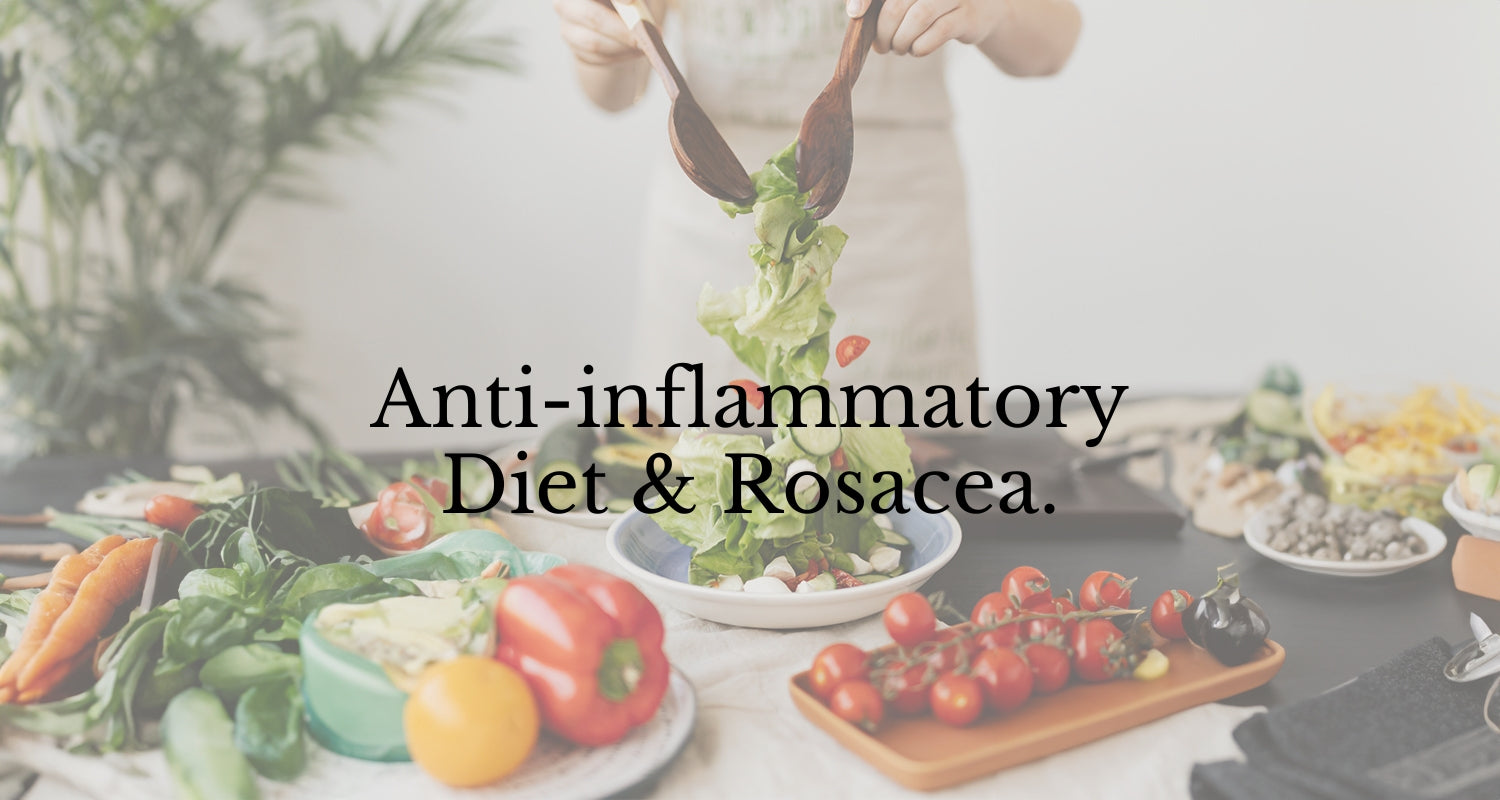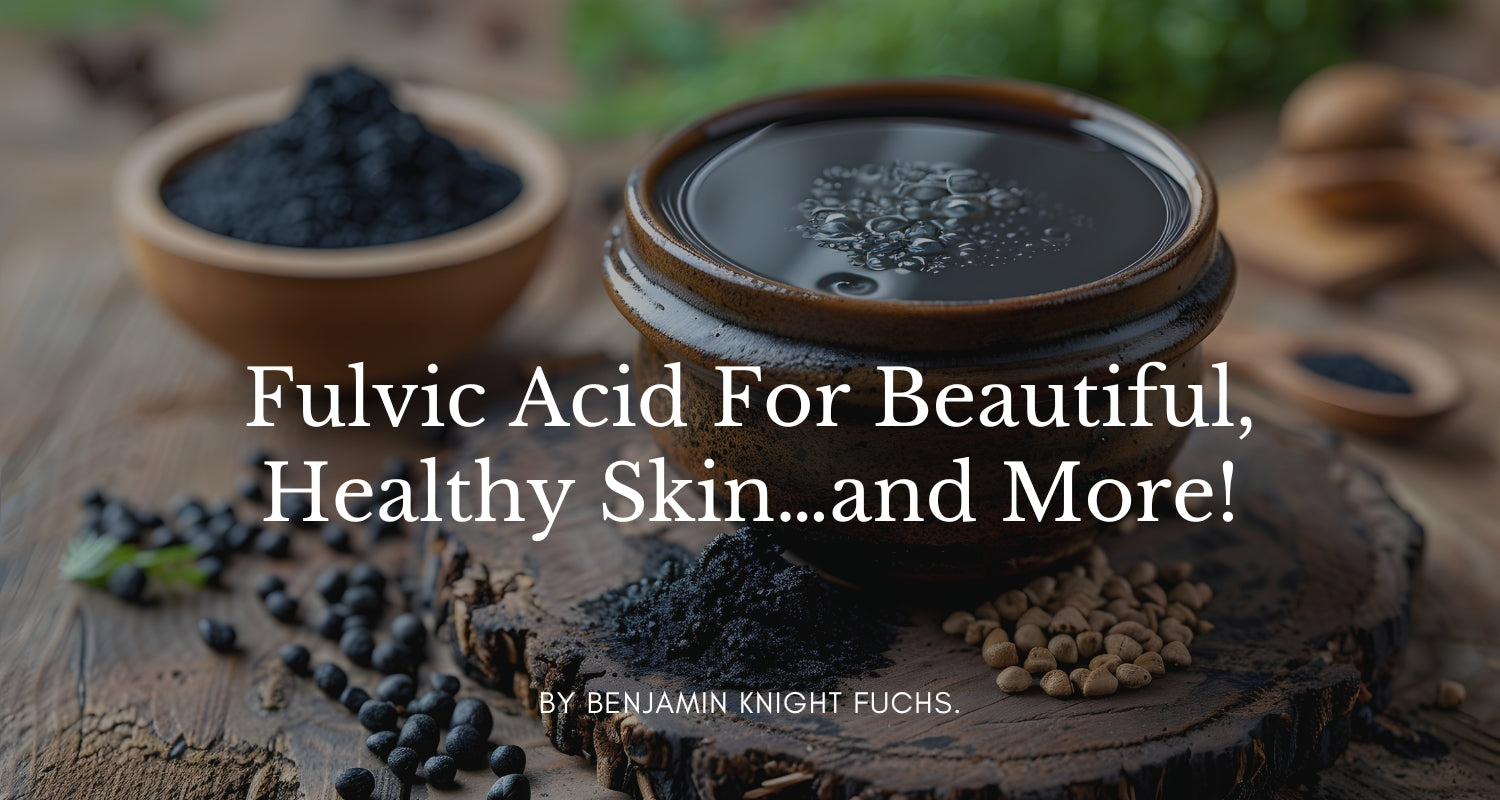
What is the Best Way to Treat Acne?
There are so many approaches to treating acne, it’s hard to know where to begin. And of course, with all the various products protocols frustration can rile the day. So, in the efforts of simplification, here’s some ways to banish blemishes forever!
- Distinguish between food reactions which occur as rashes on the cheek area, around the mouth, and sometimes on the forehead from the individual breakouts that are hallmarks of typical acne.
- Treat digestive related rashes with food elimination strategies. Grains of all kinds (not just gluten!), beans, soy, peanuts, dairy, and eggs are major culprits, but reactions can occur to even the most benign and healthy of foods including avocadoes, squash, potatoes, and tomatoes. Best to eat one type of food and watch for gas, bloating and other intestinal symptoms.
- Probiotics, apple cider vinegar with meals, and taking digestive enzymes can all help alleviate symptoms of acne. Glutamine powder, bone broth and bone broth protein are also helpful in this process. Gelatin, glucosamine and hyaluronic acid may also support intestinal health
- For lesions that are pimply and discrete (the standard issue zits located in the T-zone area that do not seem to be associated with specific foods or digestive issues), it’s wise to reduce sugar intake. Not only is the sweet stuff associated with insulin which can cause skin cells to divide rapidly within pores and increase protein (keratin deposits) leading to pore blockages (comedones), but sugar and insulin both have a tendency to increase the secretion of oils. This can exacerbate pore plug formation.
- And speaking of oil, known as sebum, stress hormone (cortisol) also increases its production resulting in skin shine as well as possible pimples. Most people think of stressors as emotional and psychological, but in reality, sugar, digestive issues, food intolerances/allergies can also create cortisol issues and induce oiliness.
- Take zinc for zits! It’s a superstar mineral that tends to be deficient in the SAD (Standard American Diet) and plays a major role in the cutaneous health. The skin actually contains large amounts of this important element and it is mobilized to wounds and lesions as part of the body’s natural healing processes. Zinc also plays a role in stabilizing the hormone testosterone and insulin—both of which are key players in the proliferation of pore clogging proteins. Zinc comes in various forms; I like Zinc Picolinate, and 50mg is a good daily dose.
- Don’t forget Vitamin A! This multifunctional molecule has anti-inflammatory properties, slows down the growth of out-of-control skin cells, and has a significant slow-down effect on skin oils.
- Other nutrients of note: NAC, selenium, Vitamin D and E and Essential Fatty Acids can be helpful for acneic skin.


